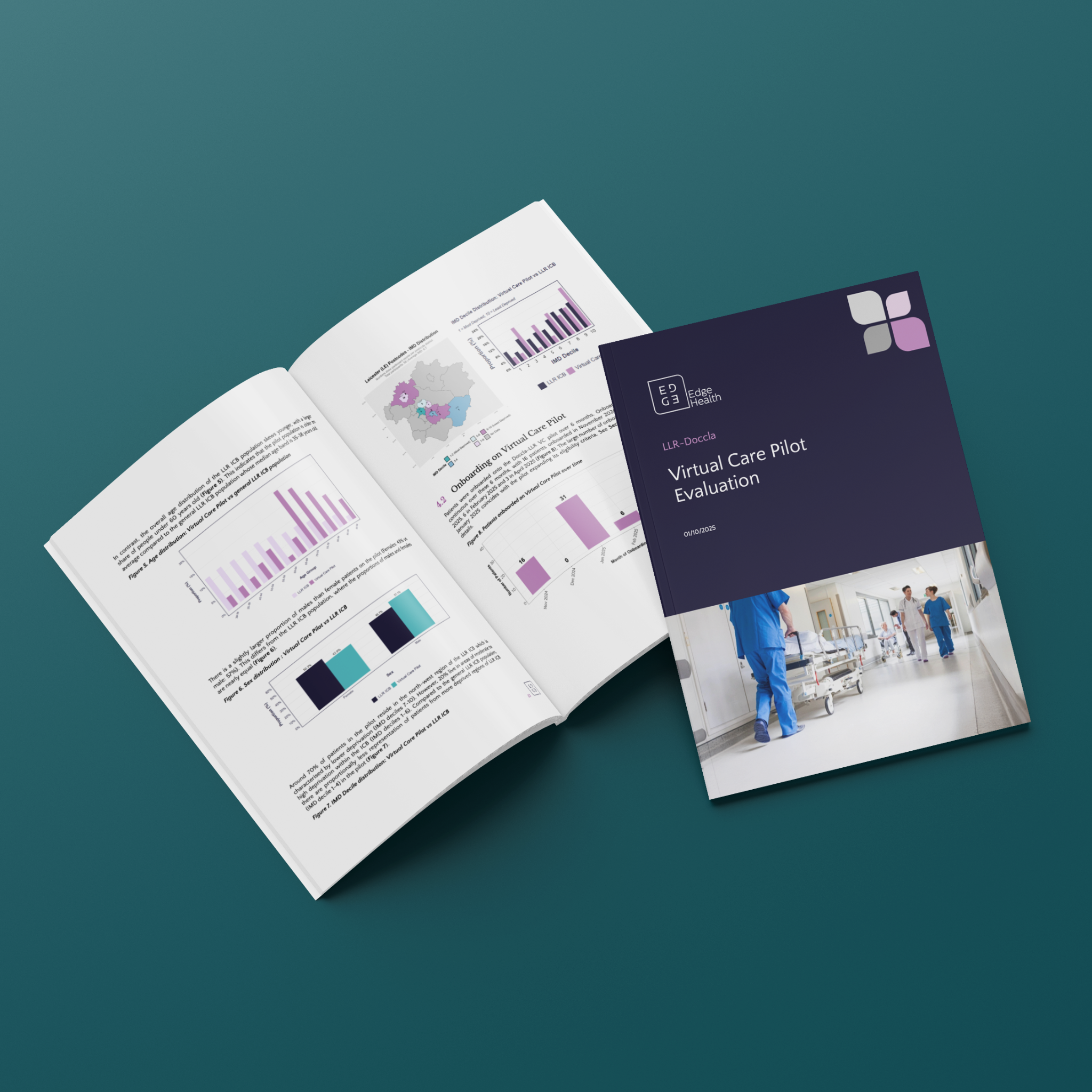A client recently raised the thought that remote monitoring could support greater inclusivity within nursing, which understandably inspired an interesting conversation. Nursing is a demanding job; the training alone pushes students to their limits, with dropout rates hovering above one-in-four before completion of the course. Changing dressings, assisting with hygiene needs, helping patients mobilise are just a small example of the physically demanding tasks nurses are required to do daily. Shifts are up to 13 hours with just an hour for breaks. Add the potential for highly emotive situations and this will take a toll on the most resilient of nurses.
In 2019 the NHS Workforce Disability Equality Standard reported that 2.9% of the clinical workforce (excluding medical and dental staff) had a declared disability (NHS WDES 2019). 19% of the UK’s working adult age population has a disability (Family Resources Survey, 2021), so there is still a way to go before there is adequate representation in the clinical workforce. There are many reasons why this is the case, each worthy of analysis. One obvious barrier is that nurse training is currently not adaptable for people with disabilities. Furthermore, despite employers being obliged to make “reasonable adjustments” for employees with disabilities, the lack of resources in the NHS means that flexibility is a luxury that is often not available.
Remote monitoring of patients means reviewing clinical information and making decisions on a patient’s care based on a remote assessment. The assessment is conducted via phone or video consultation and can be done by a nurse at home, with access to their usual amenities. Could remote monitoring offer an opportunity of a nursing career for people with disabilities currently not able to train due to the requirements of the role? This is not just relevant for people with physical disabilities. The absence of a commute could be a dramatic difference for someone who’s disability involves bouts of fatigue such as depression or anxiety. Additionally, anyone who suffers from a long-term condition will have a natural empathy for patients who are having similar experiences. There could also be opportunities for nurses who are coming towards the end of their career; filled with clinical experience, knowledge, and a desire to continue but finding the in-person role increasingly demanding.
There is a push to make virtual wards the future of healthcare to reduce the burden on secondary care, supported by the £450 million funding declared by the Government over the next two years. There are an increasing number of virtual ward providers in the UK. Could we be the placements for nurses who are to train specifically as “Remote Nurses”?



.png)









